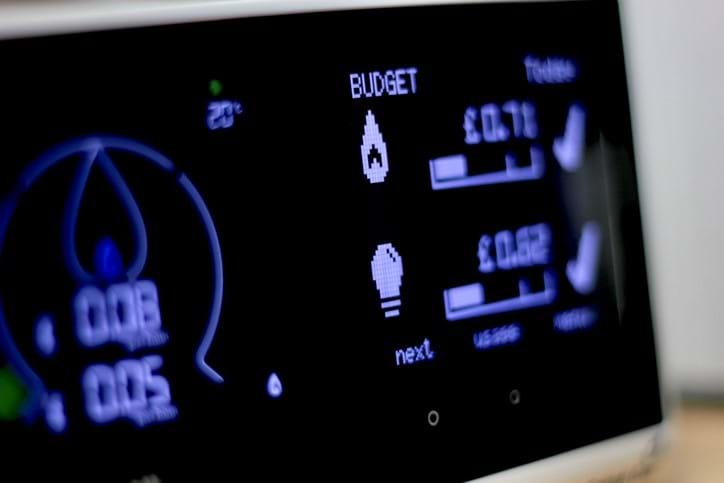Businesses experiencing a ‘toughening’ of energy contract requirements
22 September 2022

22 September 2022

According to a new report by energy consultancy Cornwall Insight, published before the government’s energy support package for businesses was announced in September, the UK is experiencing a transformation in how businesses are approaching energy contracting.
On the consumer side, higher energy prices have resulted in greater uptake of less traditional approaches to contracting. Rather than standard fixed contract of 1-3 years, businesses of all sizes are increasingly looking for flexible or ‘blended’ contracts that present higher uncertainty but do not lock in today’s high prices. There is also higher demand for Power Purchase Agreements (PPAs), whereby businesses agree to purchase competitively-priced energy on a much longer-term basis of up to 20 years directly from a renewable energy generator.
An increasing number of businesses are also looking for longer-than-usual standard fixed contracts of up to 5 years, which provide certainty but commit them to a higher longer-term spend – a move that some experts are warning against. Other novel approaches include ‘stepped’ contracts where prices are higher in the first year and then decrease afterwards.
Meanwhile, energy suppliers seeking to protect themselves from bad debt by applying much more strenuous contract requirements on businesses, such as enhanced credit checking, greater scrutiny of cashflow and higher security deposits. Many suppliers are now showing a preference for contracts of no more than a year, and some have already halted renewals and/or limited their number of customers – especially smaller customers who represent higher risk.
This means that there is a higher chance of smaller businesses ending up without a contract when their current one expires. Out-of-contract prices are significantly higher, leaving these businesses in a difficult position once the government’s support package comes to an end in six months’ time.
“Increasing energy volatility has made suppliers wary of providing new contracts to certain businesses. In some cases, smaller businesses with limited backing may find they are rejected by their incumbent supplier or unable to sign on with any supplier at all, leaving them out of contract,” explained Naomi Potter, lead research analyst at Cornwall Insight.


The paper outlines a number of ways businesses may be able to mitigate the impacts of energy price hikes and difficult contractual circumstances now and in the future.
In the very immediate term, efficient use of lighting, heating and air conditioning should be a priority to help businesses wave the coming winter, along with comprehensive energy efficiency measures such as better lagging, fixing air conditioning ducts and compressed air leaks, upgrading gas-fired equipment to an electric alternative, and retrofitting buildings with insulation.
For longer-term impact, businesses are being encouraged to explore options for generating their own renewable power if the capital or credit to do so is available, as well as ‘demand side’ energy management solutions such as smart technologies that identify the cheapest times of the day to consume energy.
From an energy procurement perspective, the paper suggests that some smaller businesses may now find it possible to ‘team up’ as a group to purchase their energy through a Corporate PPA (CPPA), securing a long-term fixed price for clean energy from a single generator at below wholesale market prices.
Dr Matthew Chadwick, lead research analyst at Cornwall Insight, explained: “Currently only a small minority of UK businesses are suitable for CPPAs. However, with renewable energy generation forecast to outstrip demand, some generators are expected to start offering CPPAs to businesses that did not previously have the chance.
“Many SMEs could take advantage of this opportunity to collectively save on bills and increase energy security, while also decarbonising their businesses. A joint CPPA may also allow businesses with credit ratings that previously would have meant a CPPA was denied to them, to group with companies with a credit rating that would be accepted.”
Share